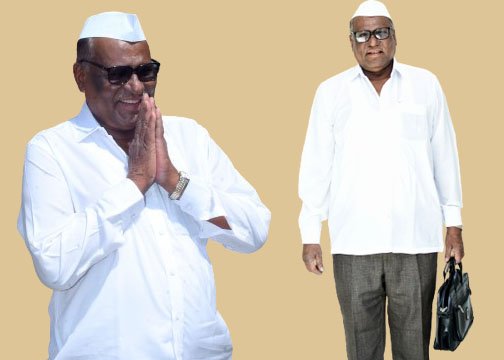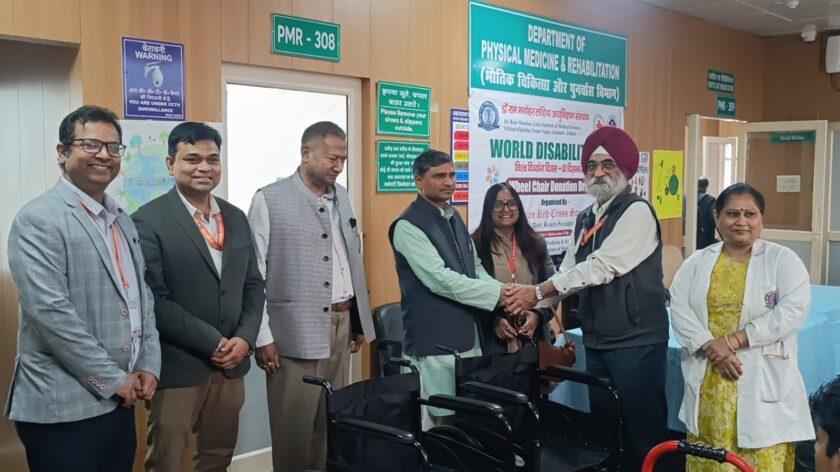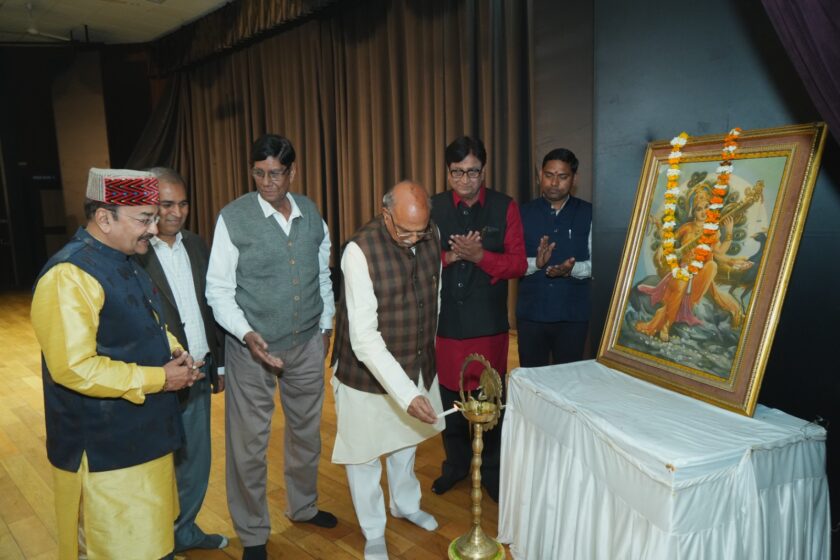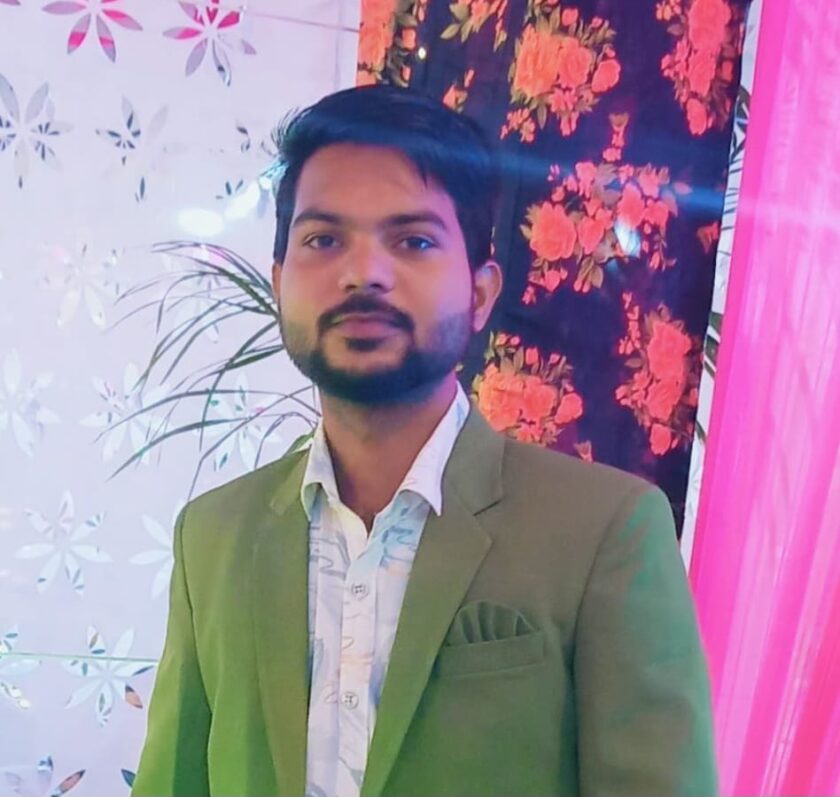Lucknow: Swami Vivekananda once said – service to mankind is service to God. What better than feeding people to realize that goal. For generations, the urge to serve the masses runs in the veins of the Mumbai dabbawallahs. Since 1890, the dabbawallahs of Mumbai have weathered many a storm to quench hunger in the average Mumbaikar.
Dressed in milky white, an army of 5,000 Dabbawalahs feed almost 200,000 Mumbaikars with home-cooked food delivered between home and office daily. The mission has gone on for a century and more.
Starting life back in the day, when a Parsi couldn’t resist a second helping of the food of the dabbawallah, their moment of reckoning was here. Gradually the demand rose and life got going. Good efforts of Mahadeo Havaji Bachche initiated the lunch delivery service with 100 Dabbawallahs.
They even had a coding system which was evolved generation after generation, now more into alpha numeric characters.
“People study management books and then practice. We practiced first and have now become a subject of case studies,” said Raghunath Medge, president of renowned Nutan Mumbai Tiffin Box Suppliers Charity Trust (NMTBSA), popularly known as the dabbawallahs.
Out of 5000 Dabbawallahs, about 85% are illiterate and the remaining 15% are educated up to 8th grade. Their unique management and operational models have become subjects of management study beyond text books for global business schools.
The dabbawallahs have a Six Sigma quality certificate and a global business fan club including King Charles III and Richard Branson.
Mumbai’s dabbawalahs credit King Charles III for their fame. Reportedly they were the invisible couriers of this city until November 2003 when Prince Charles now King Charles III demanded to have a look at them. By the report of Forbes Global , the business magazine, ‘the dabbawallahs of Mumbai make only one single error in six million human transactions’ .
Raghunath Medge is a descendant of Mahadu Havji Bacche, the first professional dabbawallah in the city.
Raghunath Medge, better educated with a BA. He even ventured to study law, but dropped out after the death of his father Dhoniba Medge, a manager of a ‘line’ of tiffins in Vile Parle. Raghunath Medge said, “ we also have supplied couriers, medical reports and helped in basic services for the greater good of people. We are driven by positive thought and a willingness to do good for people.”
Talking of going totally technology free, Medge said – we have zero reliance on technology. We have been well received by Switzerland Management Association and the Harvard Business School.
Raghunath said there is full cooperation in the police because generally cycles are kept out of the traffic rules. There are times when signals are broken, but the cops know the food grains are for the benefit of someone hungry. And the Dabbawallah community works with the right framework ultimately it is all about the supply chain.

Talking of the Dabbawallah role during COVID- 19, Raghunath said – It was a bad time and Mumbai wore a completely deserted look. One could only hope for better times. That point we played a role to make food available to those in distress. Doctors, officers, hotels were catered too.
He recalled – 2 years were the most trying times. Using special masks and specially tailored trains they reached those who needed food at the earliest. An army of 100 dabbawallahs set out with the urgency to do good. Each had 7 to 9 tiffins each. Each one of them would shift out to deliver. 70% of the business of the dabbawallahs is back to normal. Those with side business are also planning to join back as soon as possible.
Raghunath Medge said – Continuing legacy which has gone on for several generations. We have continued to do our job and it is because of hard toil for several decades of work that today the dabbawallahs have been recognised as a force to reckon with.
An art Street has also been dedicated to them in the city of Mumbai.
One of the efforts of the dabbawallahs is also the Roti Bank which was a relatively new initiative where left over rotis are made available, to those who are going hungry. This specially touches schools and also poor people. 30 to 35 dabbawallahs go and pick leftover food. There is a number to dial where one can inform the team. The food is picked up and then delivered to those who may not be having access to good food. The teams go on cycle give it to hospitals, beggars and the needy.
At times when food delivery apps just cover 2 kilometres , Raghunath Medge has a spark in his eye when he says we have the spirit to map 70 kilometres.
Summing it up with a couplet, he said –
रखो भरोसा खुद पे
क्यों ढूंढते हो फ़रिश्ते
पंछियों के पास कहाँ होते हैं नक्शे
फिर भी ढूंढ लेते हैं अपने अपने जीने के रास्ते









